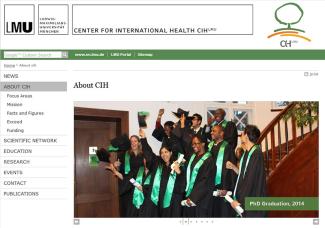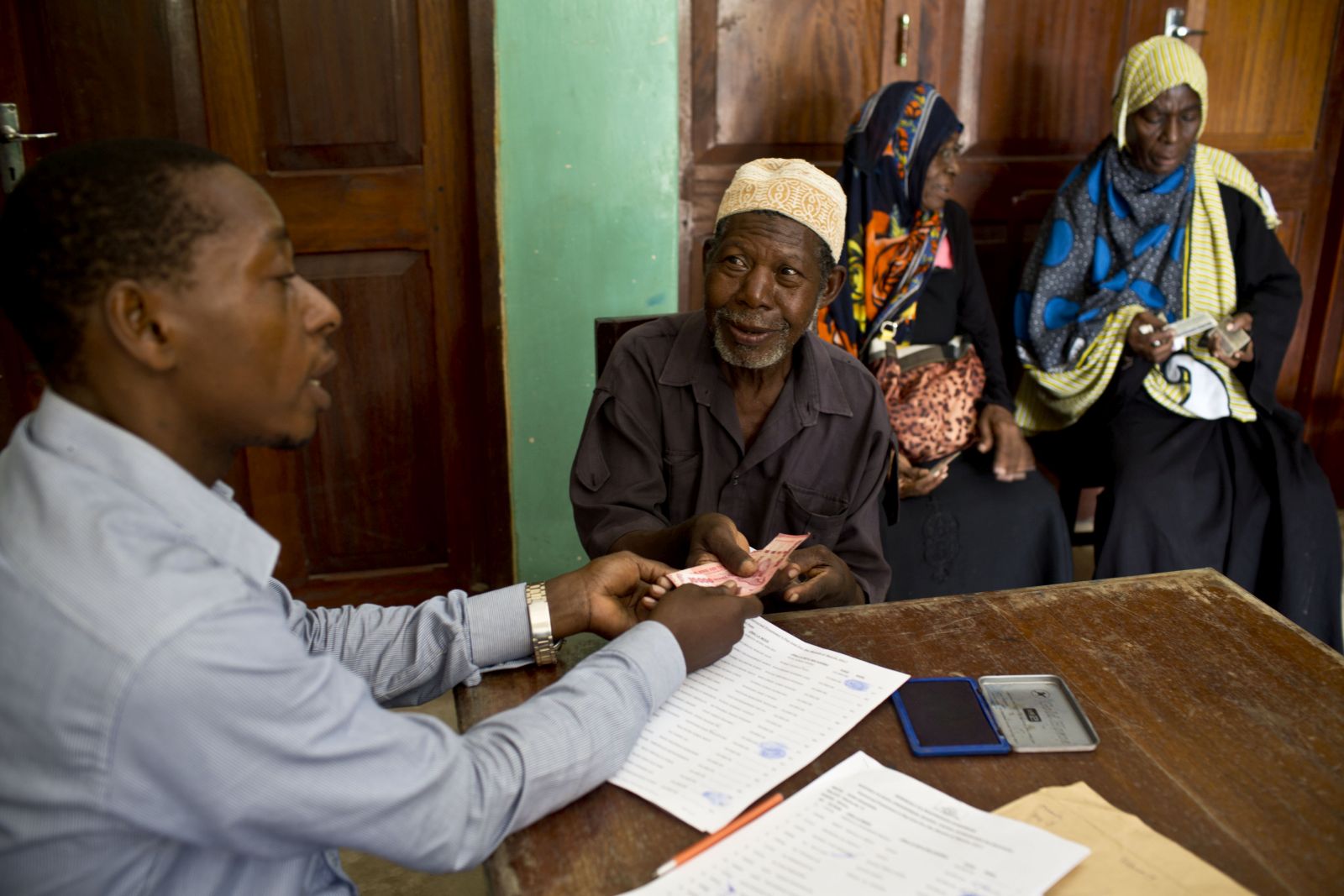Universities
International network

Participants must design and carry out a field research project. Students in different countries are advised to select a locally prevalent OSH problem. They assess workers’ exposure to health hazards and identify related health problems. CIH-LMU tutors supervise the research. Some of the tutors are European, some are Latin American. The universities cooperate closely.
On the agenda of international development debate, occupational safety and health (OHS) is normally not a top item. Given that work-related accidents and illnesses affect masses of people, OHS is of great developmental relevance nonetheless. Future practitioners must be able to do academic research. Otherwise they will neither be able to judge the merit of new studies nor to apply their insights for practical purposes.
Apart from their Masters thesis, the CIH-LMU students are expected to produce three main outcomes:
- a report in plain language to inform the people they studied about what they found out,
- a teaching module for the same target group to tackle at least one of the identified health issues and
- a research paper they can submit to a peer-reviewed scientific journal.
The programme is supported by Germany’s Federal Ministry for Economic Cooperation and Development (BMZ) and the DAAD, Germany’s academic exchange service. The curriculum includes global occupational health topics, epidemiology, statistics, didactical methods, intercultural communication, scientific writing and scientific English.
The course goes on for two years and uses blended learning, relying on digital technology. During the first and second term, participants design and carry out their research project. In the third term, they start to analyse the data and implement the teaching intervention. In the 4th term, they write the thesis and the research paper.
So far, about 60 students have graduated. Almost all have implemented teaching interventions using participative and innovative didactics. Eleven research papers have been accepted by scientific journals. Many graduates now teach OSH in their home countries.
Sectors covered in the projects include mining, agriculture, fishing, oil industry, construction, transport, health, education and others. Some students focus on informal businesses such as domestic work and garbage collection or on migrant workers. Topics include musculoskeletal disorders, mental health, cardiovascular, respiratory and auditive problems. Associations among these health problems and psychosocial working environment were often researched.
With a global perspective, a new cohort of OSH leaders is being empowered in Latin America by networking through social media, formal instances (alumni), periodical communication and mutual support. (mp)












